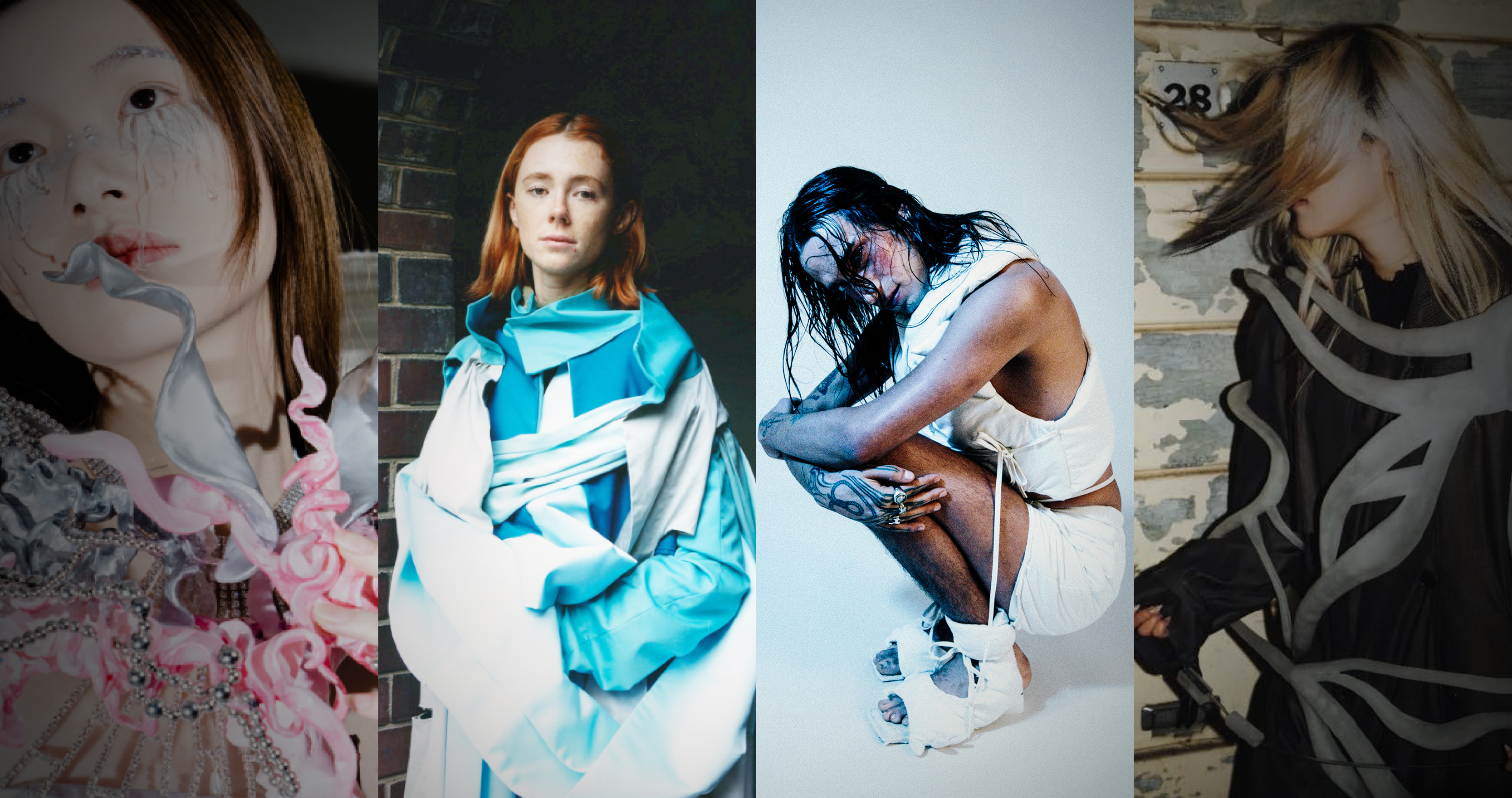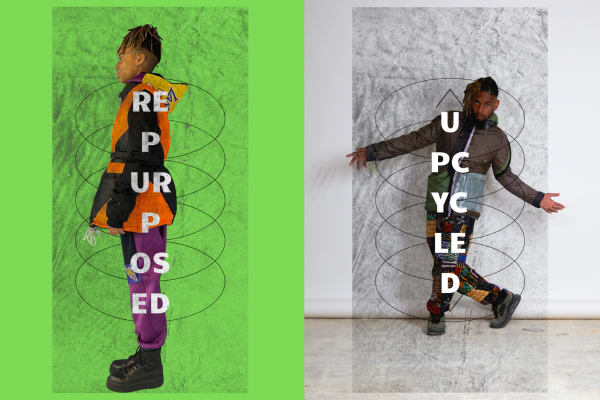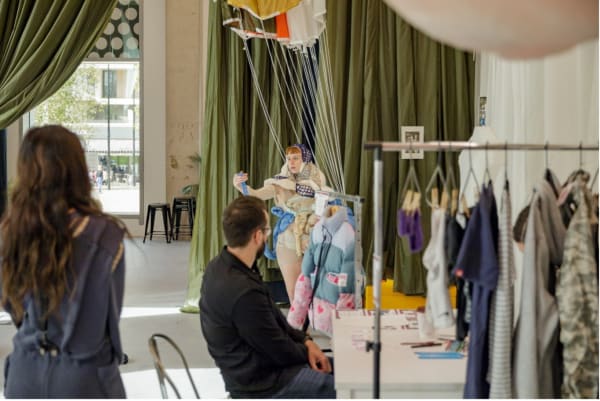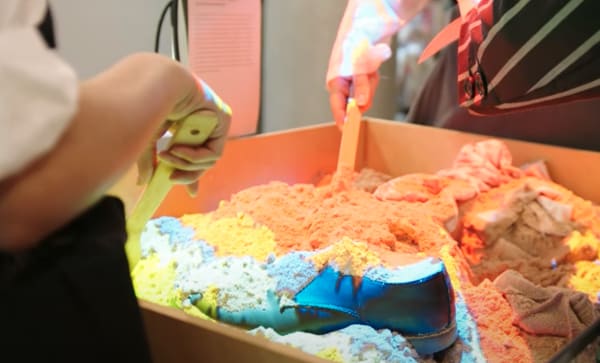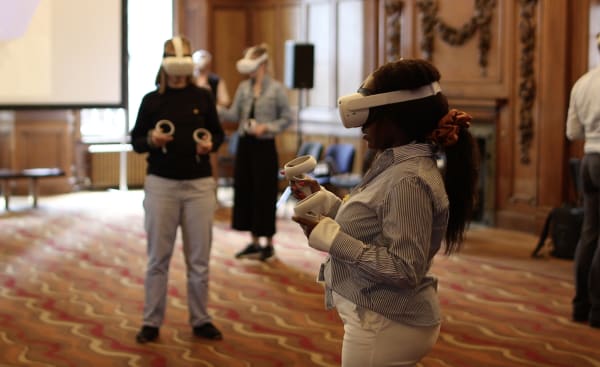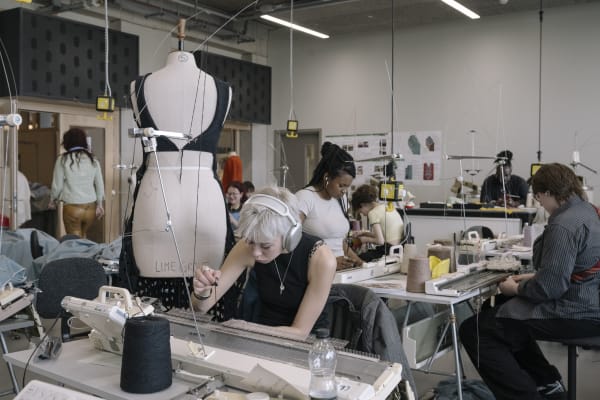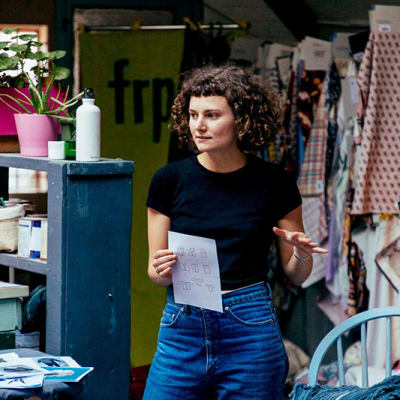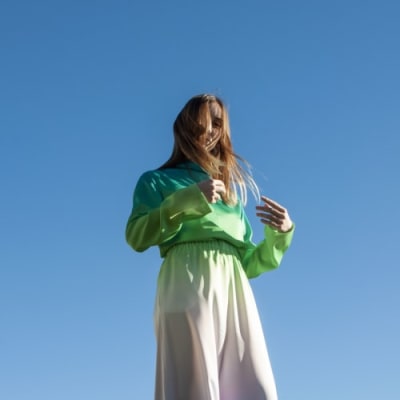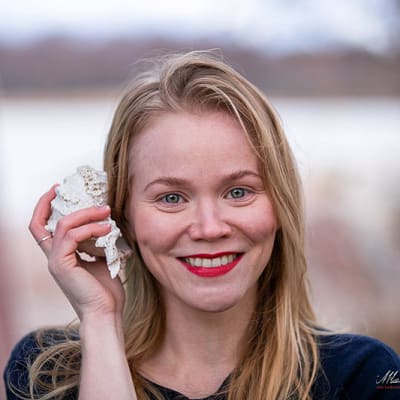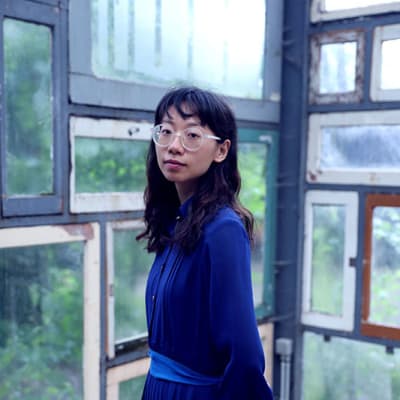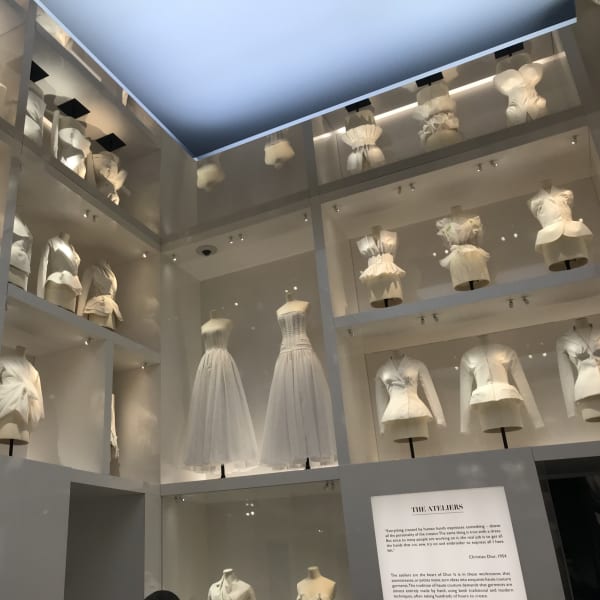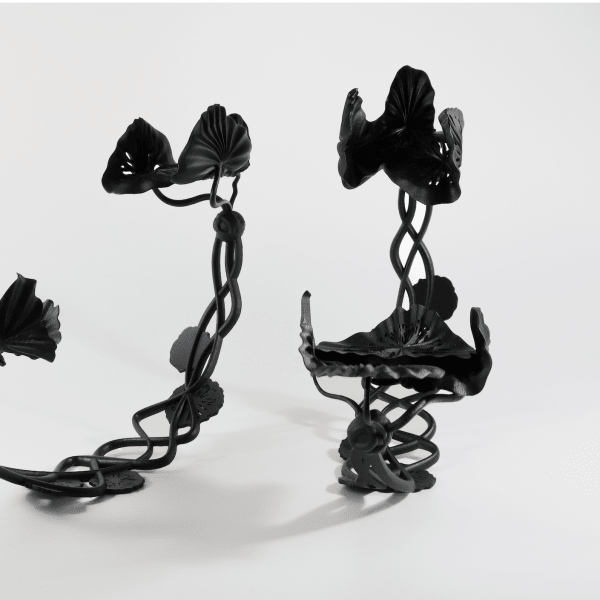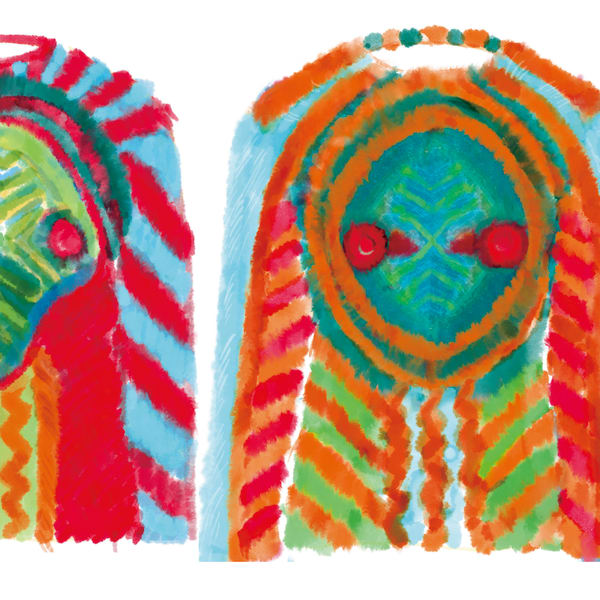Course units
Course structure
15 months, level 7, 180 credits
September to February:
Block 1
New Fashion Perspectives (40 credits)
In this unit you’ll explore key concepts and approaches in design for sustainability. You’ll develop theoretical, visual and practice-based research to develop and expand your fashion practice in relation to sustainability. You’ll be encouraged to balance a playful experimental approach together with a rigorous investigation of sources, resources and academic research, married to your design thinking. Your research should consider ecological, sociocultural, technological, economic and political drivers and emerging schools of thought around fashion and design.
Collaborative Challenge (20 credits)
This unit is your opportunity to innovate and explore developmental processes and engage with collaborative working practices. You’ll develop your professional negotiation, teamwork and networking skills that are essential in the cultural, entrepreneurial and creative industries. The emphasis of this unit is on cross-disciplinary student-led collaboration. You can engage with industry and college-based briefs.
February to June
Block 2
Re-Imagining Fashion (40 credits)
Through analysing and critiquing the fashion system, this unit uses speculative methods to inform and shape your enquiry. A speculative approach allows you to explore design for sustainability in previously unimagined ways and to define and conceptualise alternatives for a transformed fashion system. You will be encouraged to prototype and experiment using mixed media, including emerging technologies, and to develop your work in previously unexplored directions. It will be an opportunity for you to research, critique, test and attempt to understand the challenges and opportunities of a range of methods and practices that may shape the future of fashion.
Research Proposal (20 credits)
Developing effective research approaches is key to success in your Master’s project and career. This unit explores theoretical perspectives on your practice and discipline, helping define your research philosophy. You'll build core capabilities and create a theoretically grounded proposal using primary and secondary methods. You'll develop a framework connecting theory and practice, formulate research questions, and ensure your study is ethical, achievable, and critical, with potential for interdisciplinary exploration.
June to November
Block 3
Masters Project (60 credits)
The Masters Project provides you with a space to synthesise all the knowledge and skills you have gained on the course so far. This important final phase of your studies is where you will effectively communicate your work along with your ability to critically interrogate your practice with robust approaches to research and theoretical analysis. Upon completion of your project, you’ll have generated a high-level Masters’ quality piece of work that will showcase your practice, academic literacy and the professional standards that will act as a platform for your future career and professional development.
Types of learning and teaching methods include lectures, seminars, masterclasses, workshops, small group presentations and tutorials. Learning hours per week vary, but typically students can expect up to 10 hours contact time per week. Students will also have regular opportunities for individual tutorials with the course leader throughout the course, including three 30-minute tutorials in block one, and six 30-minute tutorials in block two. Students will be allocated a supervisor for their Masters Project including 6 hours of support.
